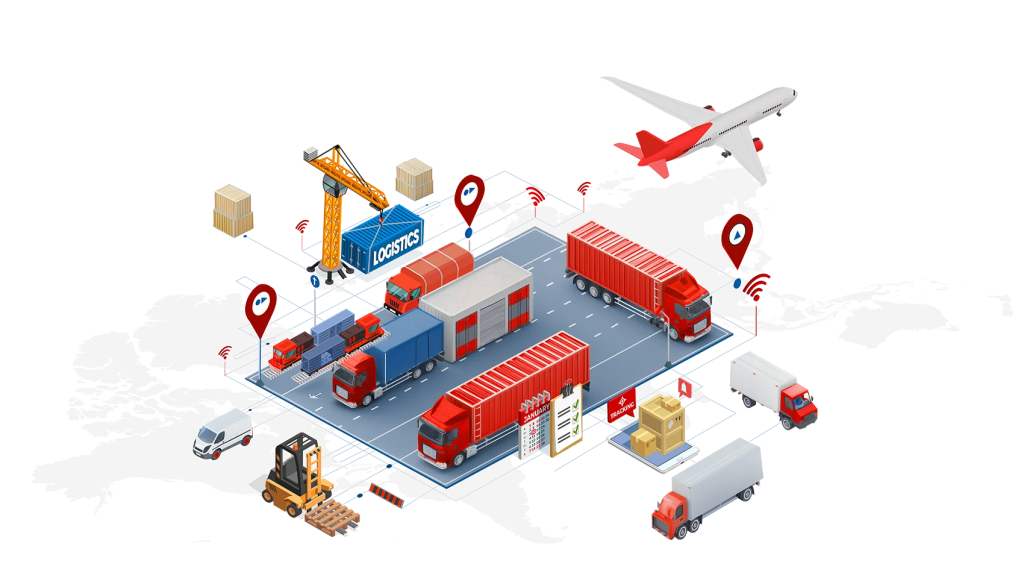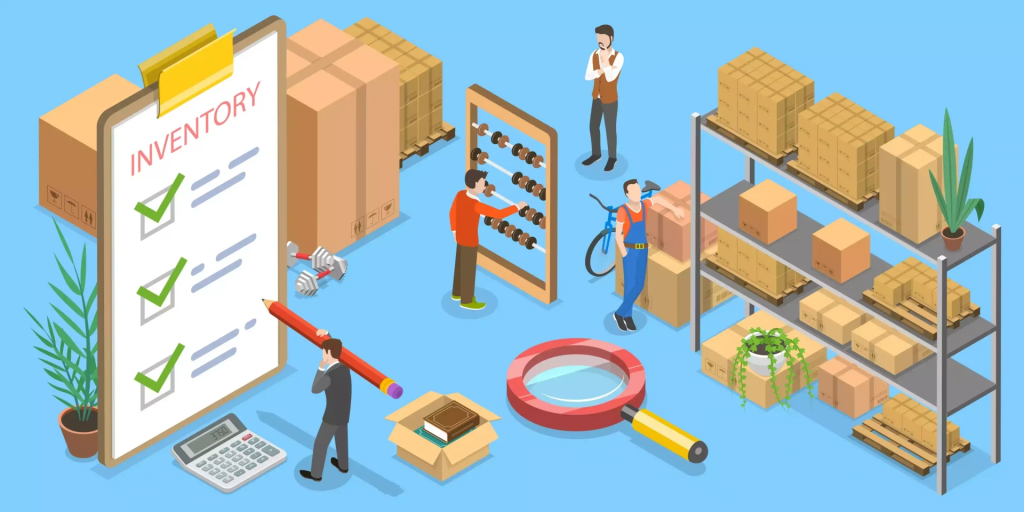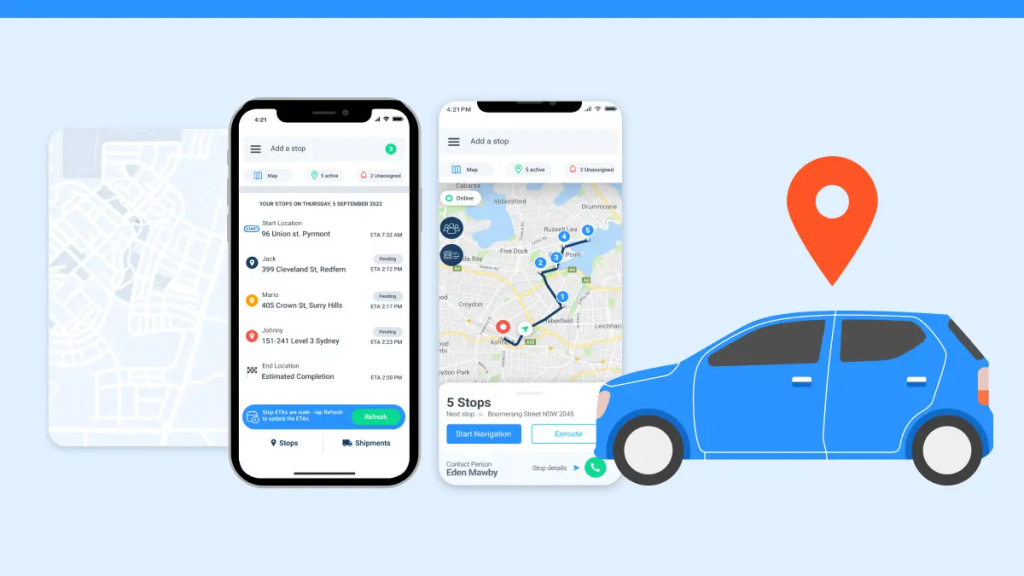How to Choose the Right Logistics Platform for Your Business
In today’s competitive business environment, choosing the proper logistics platform ensures smooth operations, cost efficiency, and excellent customer satisfaction. A good logistics platform helps manage shipping, tracking, inventory, and overall supply chain management. With many options available, knowing what factors to consider when selecting the best logistics platform for your business is crucial. This guide will walk you through the essential factors to evaluate when choosing a logistics platform that suits your business needs.

1. Understand Your Business Needs
Before evaluating logistics platforms, it’s essential to understand the specific needs of your business. Do you focus on local deliveries or operate on a global scale? Are you selling large or small products? What kind of shipping volume do you handle? The answers to these questions will help you identify which features your logistics platform must have.
For example:
- If you primarily handle international shipping, look for platforms that support global shipping and can manage customs and duties.
- If your business is smaller, you might prioritize platforms that offer easy integration with your e-commerce site or provide affordable, scalable solutions.
2. Evaluate Integration Capabilities
One of the most critical aspects of any logistics platform is how well it integrates with your existing systems. Integrating can significantly improve efficiency and reduce errors, whether it’s your e-commerce platform (e.g., Shopify, WooCommerce), inventory management system, or accounting software. Choose a logistics platform that offers seamless integration to automate your processes.
Look for:
- E-commerce Platform Compatibility: Ensure the logistics platform integrates with your existing website or e-commerce platform for easy order management.
- Inventory Management: A platform that syncs with your inventory system can help you stay on top of stock levels and avoid overstocking or understocking.
- Accounting Integration: Integration with your accounting software can streamline billing, invoicing, and tracking revenue.

3. Consider Shipping and Delivery Options
The logistics platform you choose should provide flexible and reliable shipping options. Whether you are dealing with local, regional, or global deliveries, the platform must cater to your shipping needs. Evaluate the following:
- Carrier Options: Ensure the platform integrates with multiple carriers such as FedEx, UPS, DHL, or local carriers in different regions. The more options, the better.
- Shipping Speed and Reliability: Choose a platform that offers reliable delivery with various timeframes, from standard shipping to expedited delivery.
- Real-Time Tracking: Customers expect to track their orders in real time. A good logistics platform should provide accurate and easy-to-integrate tracking for you and your customers.
- Custom Shipping Options: If you have specific shipping needs (such as temperature-sensitive goods or oversized products), ensure the platform supports those requirements.

4. Assess Pricing and Cost Efficiency
The cost of a logistics platform can vary significantly depending on its services. While it’s tempting to go for the cheapest option, evaluating the cost against the value provided is essential. Keep these factors in mind:
- Monthly/Yearly Subscription Fees: Some platforms charge a fixed subscription fee, while others charge a pay-per-use fee. Evaluate what fits your business model.
- Setup Fees: Some logistics platforms have setup or implementation fees. Ensure you know all costs upfront.
- Shipping Rates: Compare the platform’s shipping rates with other options. Some platforms offer discounted rates for high volumes, which can save you money in the long run.
- Additional Charges: Be aware of extra charges for features like inventory management, insurance, or access to premium shipping options.

5. Check Scalability
Your logistics platform should be able to grow with your business. As your order volume increases or your market expands, you need a platform to handle the demands. When evaluating Scalability, consider:
- Order Volume: Can the platform handle many orders during peak seasons like Black Friday or holiday sales?
- Global Expansion: If you plan to expand internationally, ensure the logistics platform supports international shipping and customs clearance and can work with different currencies and languages.
- Feature Expansion: As your business evolves, you may require additional features, such as advanced reporting, analytics, or third-party integrations. Make sure the platform can accommodate these needs.
6. Evaluate Customer Support
A good logistics platform should come with strong customer support. Logistics issues can arise anytime, and you need a platform that provides prompt assistance when problems occur. Look for:
- 24/7 Availability: Ensure the platform offers round-the-clock customer support through various channels (phone, email, live chat).
- Comprehensive Help Resources: A platform with an extensive knowledge base, FAQs, and tutorials can help you resolve issues quickly without relying on customer support.
- Dedicated Account Manager: Some platforms offer a dedicated account manager who can help you optimize your logistics setup and resolve complex issues efficiently.
7. Security and Compliance
The logistics platform you choose must meet security and compliance standards, especially if you handle sensitive customer data. Look for platforms that offer:
- Data Encryption: Ensure customer information, shipping data, and financial transactions are encrypted and protected.
- PCI Compliance: If you handle credit card payments, your logistics platform should comply with PCI (Payment Card Industry) security standards.
- Customs and Import/Export Regulations: If you deal with international shipping, the platform should be well-versed in global shipping regulations, including customs declarations and tariffs.

Conclusion
Choosing the proper logistics platform is crucial to streamlining your business operations and providing excellent customer service. By considering your business needs, integration capabilities, shipping options, pricing, and Scalability, you can make an informed decision that aligns with your goals. A good logistics platform can help improve your efficiency, expand your reach, and create a better customer experience. Take the time to research, test, and evaluate all options to ensure you select the best platform for your business.
Industry Insights
news via inbox
Nulla turp dis cursus. Integer liberos euismod pretium faucibua








